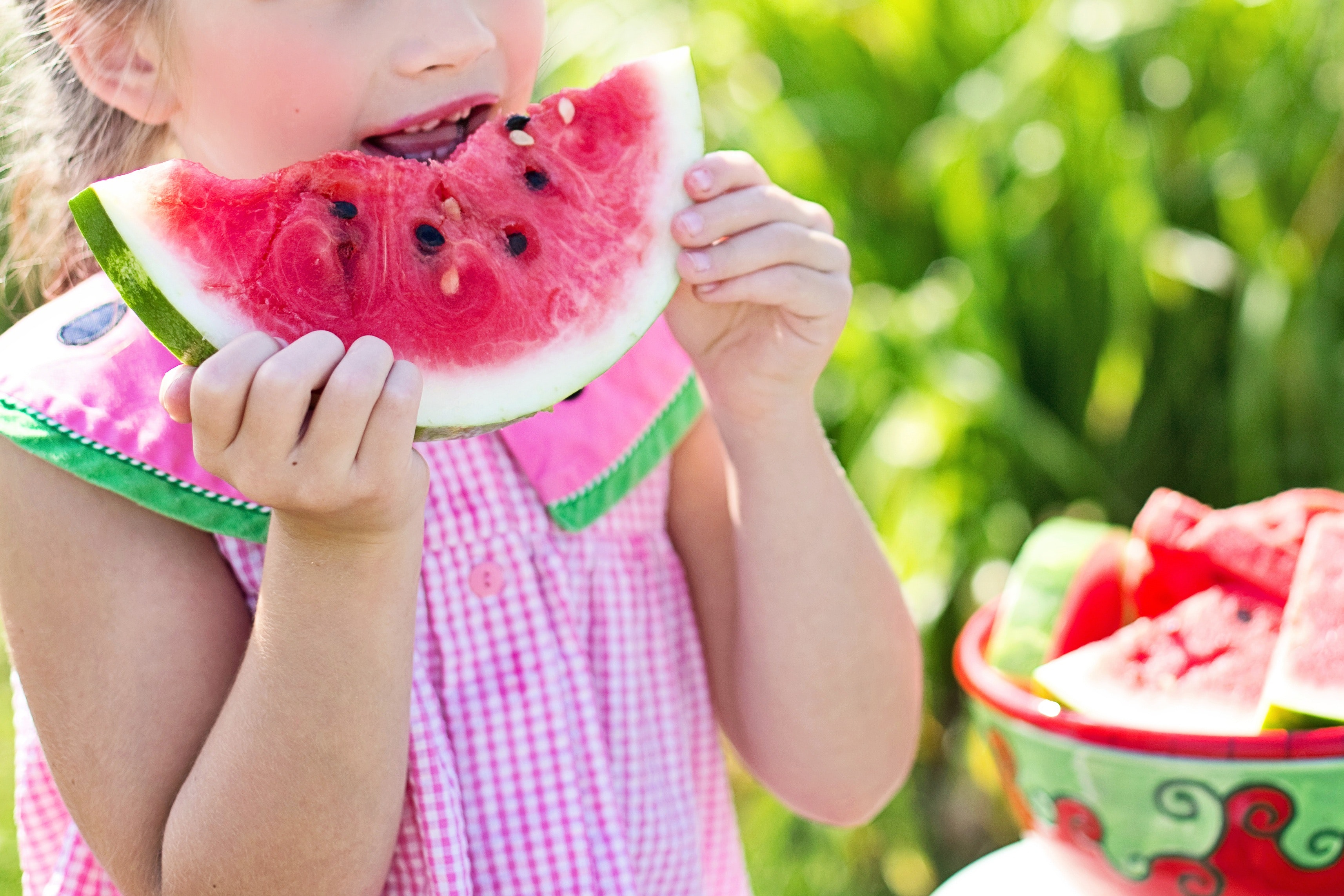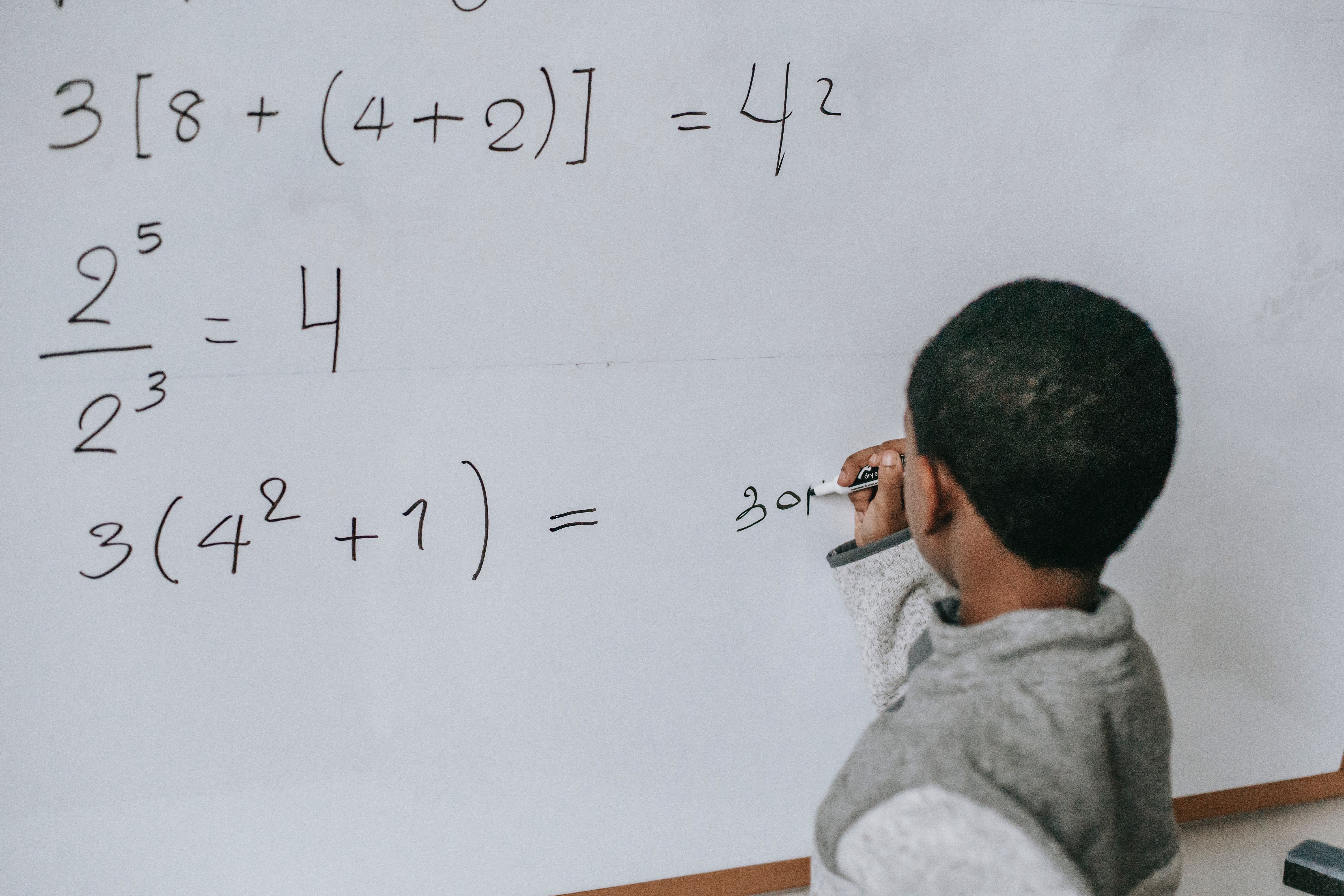
Children’s early learning experiences have a profound effect on their later development.
The health and physical education program for Grades 1 to 3 therefore focuses on the
foundational knowledge and skills that students will need in order to support mental
health and well-being, develop physical and health literacy, and acquire the commitment
and capacity to lead healthy, active lives. Through participating in health and physical
education in the classroom and gymnasium, out of doors, in schoolyards and school gardens,
and in the community, students learn to make healthy active living a part of everyday life.
The expectations in these grades provide opportunities for students to strengthen their
oral language and knowledge of subject-specific vocabulary, their kinesthetic awareness
and understanding of movement concepts, their capacity for imagining, pretending, and
reflecting, and their higher-order thinking skills. All of this learning builds on the foundation laid in the learning expectations of the Kindergarten program, particularly in the areas
(Kindergarten “frames”) of Self-Regulation and Well-Being, which includes learning about
healthy active living and its effects on the mind and body, and Belonging and Contributing.
- Teacher: Bouyela Education Corporation

OVERVIEW
In Grade 1 social studies, students will examine various roles, relationships, and responsibilities, how and why these may change, and how they are connected to one’s identity, culture, and sense of self.
They will develop their appreciation of the need to treat all people, as well as the built and natural environment, responsibly and with respect. Students will also examine their local community, its characteristics and services, and how it meets the needs of the people who live and work there.
Students will be introduced to the social studies inquiry process, and will use this process when conducting investigations related to roles, relationships, and responsibilities, and to their local community. In addition, students will learn how to use the basic elements of maps to help them extract information from and construct maps for specific purposes. The Grade 1 social studies expectations provide opportunities for students to explore a number of concepts connected to the citizenship education framework (see page 10), including community, identity, relationships, respect, and stewardship.
The following chart presents an overview of the Grade 1 social studies curriculum, and is meant to provide a starting point for planning instruction. For each overall expectation (listed in the first column), it identifies a related concept (or concepts) of social studies thinking and a big idea (see pages 14 and 13 for an explanation of big ideas and the concepts of disciplinary thinking and page 60 for definitions of the concepts of social studies thinking).
General framing questions are provided for each strand to stimulate
students’ curiosity and critical thinking and to heighten the relevance of what they are
studying. These broad and often open-ended questions can be used to frame a set of
expectations, a strand, or a cross-disciplinary unit. The final column suggests ways in
which spatial skills can be introduced and/or developed at this grade level, and indicates
specific expectations with which they can be used (see page 25 for a description of
spatial skills).
- Teacher: Bouyela Education Corporation

In Grade 1 French Immersion, students will primarily focus on developing their listening, speaking, reading, and writing skills, as well as their intercultural understanding. The specific expectations for each area are as follows:
A. Listening:
- Students will determine meaning in a variety of oral French texts using listening strategies.
- They will interpret messages accurately while interacting in French for various purposes and with diverse audiences.
- They will demonstrate an understanding of information in oral French texts about aspects of culture in diverse French-speaking communities and other communities around the world, as well as French sociolinguistic conventions used in different situations and communities.
B. Speaking:
- Students will communicate information and ideas orally in French, using a variety of speaking strategies and age- and grade-appropriate language suited to the purpose and audience.
- They will participate in spoken interactions in French for various purposes and with diverse audiences.
- They will demonstrate an awareness of aspects of culture in diverse French-speaking communities and other communities around the world, and use appropriate French sociolinguistic conventions in different situations.
C. Reading:
- Students will develop the ability to determine the meaning in a variety of French texts using reading comprehension strategies.
- They will identify the purpose and characteristics of different adapted and authentic text forms, including fiction, informational, graphic, and media forms.
- They will demonstrate an understanding of information in French texts about aspects of culture in diverse French-speaking communities and other communities worldwide. They will also learn about French sociolinguistic conventions used in different situations and communities.
D. Writing:
- Students will learn to write French texts for different purposes and audiences, using various forms.
- They will utilize the writing process stages to develop and organize their content, clarify ideas and expression, correct errors, and present their written work effectively.
- They will demonstrate an awareness of aspects of culture in diverse French-speaking communities and other communities worldwide in their written work. They will also learn to appropriately use French sociolinguistic conventions in different situations.
Throughout Grade 1 French Immersion, students will work on developing their language skills and cultural understanding to effectively comprehend, communicate, and express themselves in French.
- Teacher: Bouyela Education Corporation

In Grade 1 Mathematics, students embark on a journey to develop a strong understanding of fundamental mathematical concepts and their practical applications. The course encompasses various strands that allow students to explore mathematics in a comprehensive and engaging manner.
The first strand, Social-Emotional Learning (SEL) Skills in Mathematics and the Mathematical Processes, emphasizes the development of students' social and emotional skills. By applying these skills, students enhance their understanding and utilization of mathematical processes, which play a vital role in their mathematical learning journey.
Number Sense, the second strand, focuses on nurturing students' grasp of numbers and their real-life connections. Through this strand, students develop the ability to comprehend and utilize numbers effectively to solve mathematical problems encountered in everyday scenarios.
In the Algebra strand, students are introduced to patterns and relationships. They learn to identify, describe, extend, create, and make predictions about various patterns, including those found in real-life contexts. Additionally, they gain an understanding of variables, expressions, equalities, and inequalities, and learn to apply this knowledge in diverse situations.
Another exciting aspect of Grade 1 Mathematics is the Coding strand, where students are introduced to problem-solving through computational representations of mathematical situations. By exploring coding concepts and skills, students develop the ability to solve mathematical problems using coding techniques.
The Data strand equips students with essential data literacy skills. They learn to manage, analyze, and utilize data effectively to make convincing arguments and informed decisions in real-life contexts. Additionally, students explore probability and understand how it can be used to make predictions.
Spatial Sense is another key component of Grade 1 Mathematics. Through this strand, students develop geometric and spatial reasoning skills. They learn to describe and represent shapes, locations, and movement, applying geometric properties and spatial relationships to navigate their surroundings. Furthermore, students practice comparing, estimating, and determining measurements across different contexts.
Finally, the Financial Literacy strand focuses on building students' understanding of the value of Canadian currency. They learn key concepts related to money and finances, developing the necessary skills to make informed decisions about financial matters.
Throughout Grade 1 Mathematics, students acquire a solid foundation in mathematical concepts and skills. They cultivate critical thinking, problem-solving, and mathematical reasoning abilities, all of which are essential for their ongoing mathematical journey.
- Teacher: Bouyela Education Corporation